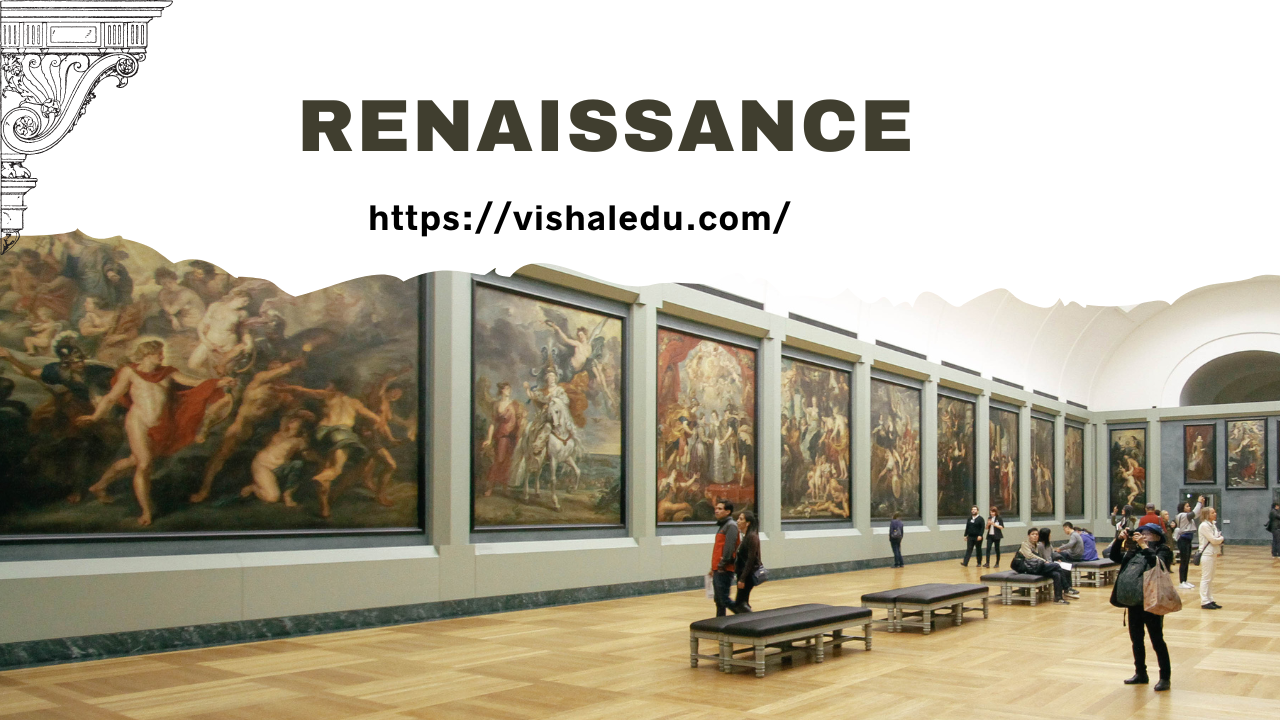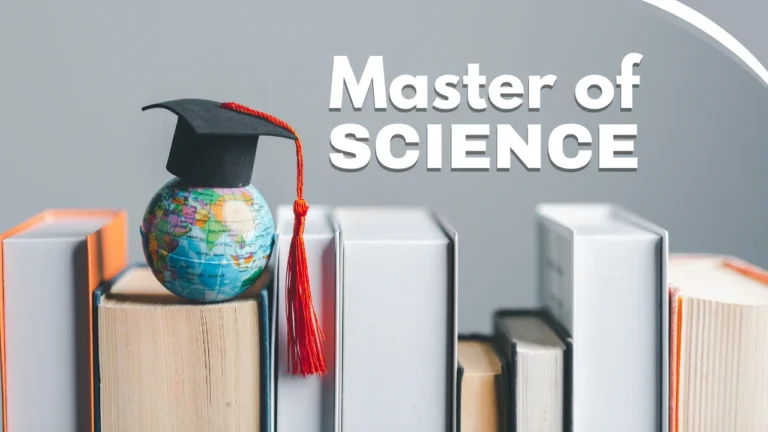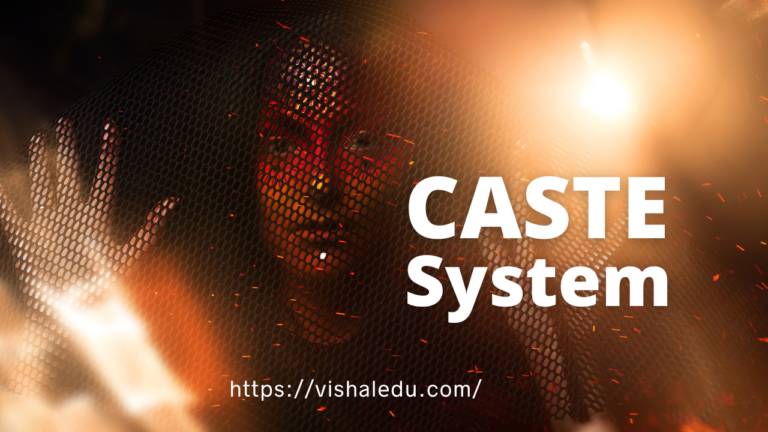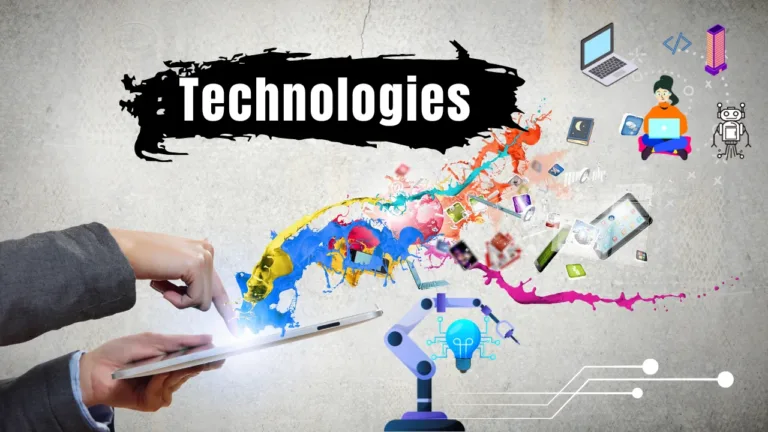Renaissance: A Cultural Re-birth
Why Renaissance has influencing impact on the literature of English? It is not easy to define, it is often related to the era in history pointed by deep rooted, cultural, artistic and cognitive changes. In the late 19th century this term means rebirth was first time used in England and etymologically it is a French word.
Actually, it is a revival of learning, which came not only in England but also in the whole Europe. It gives new attitudes to the habits of thoughts of Middle Ages. It totally changed the medieval behaviors. It is a European phenomenon which happened in the 14th and 15th century. It was a thorough change characterized by; reawakening of the learning.
The meaning of it goes for away from just a historical change and enclose a large idea, that goes on with to influence and attract the people of today. It’s my personal experience because I am a student of English language and literature since 2010 and nowadays, I’m teaching this rhythmic language along with its history and significance.
In this article we are going to explore this term, it’s historical context and its long-lasting impact on our world.
Comprehension and historical context of Renaissance
First of all, it is started in Italy and then it’s dawn came to France but a little bit later. And in England it came much later in the beginning of the 16th century. In Italy its arrival came after the Turkish conquest of Constantinople when the Greek scholars fled from their areas and took a refuge in Italy.
These scholars were carrying the ancient great Greek literature in different forms and with the help of the treasure of this vast literature a new kind of intellect, imagination, and aesthetic culture which was completely different from the dark ages, emerged. When it had become, a spent force in Italy then it’s light came to an isolated island of England in 16th century.
It was started in Italy in Florence with the support of Medci family who ruled almost 60 years in Florence, so the members of this family were the backbone of this movement. The era of Middle Ages which precedes this period of classical learning was marked by a primary religious and feudal society.
Over both intellectuals and artistic pursuit, the church kept a notable impact during medieval period. To create an environment ripe for cultural changes, the late Middle Ages give a way to a new form of learning in which several factors were intersected. Some of them are as under.
Fall of Constantinople
Constantinople changed into Ottoman empire in 1453 by the Turks which caused the migration of Greek scholars and texts to Western Europe. The knowledge of the ancient Greeks and Roman civilizations was brought by those scholars to spark a revival of classical learning in 14th and 15th century.
It was an enlightenment of human mind in almost every field of life including music, sculpture, architecture painting and literature. It was the age where the only authority was truth.
In this era books were printed and different great characters of the world did the miracles like Christopher Columbus, Vasco de Gama and Copernicus. In this way old authority of dark ages got a death blow.
Emphasis on Humanism
Humanism came out as a pre potent intellectual movement during this period. It highlighted the significance of human strengths, individualism and temporal knowledge. By giving birth to a creative thinking, humans searched to combine classical wisdom with current ideas.
In 14th century Dante, Patriarch and Baccaccio initiated this movement and from Italy it spread to the entire Europe. It was popular in England during the age of Elizabeth, whose main focus was a proper study of human beings. With the help of this movement human dignity improved along with the liberal tone of the spirit of democracy.
Technological advances
In the mid of 15th century, the invention of printing press by Johannes Gutenberg, is one of the major advancements in printing technology. By getting easy access to books and information this innovation democratized to further fueling of the Renaissance.
Printing press not only democratized but also revolutionized the world of knowledge and learning. This intervention was a miracle one which plays central role in the enlightenment of human mind and made this period the golden period in the history of English literature.
Important works of the age of Shakespeare
This period in the history of English literature is also known as the age of Shakespeare. In this period a number of great writers emerged with their masterpieces. Some more important works are as under
Important prose writers of Elizabethan age / the age of Shakespeare along with their works
Erasmus (1466-1536), the Dutchman, wrote the praise of folly in 1510.
Sir Thomas More wrote famous prose romance Utopia “in 1516 in Latin and in 1555 it translated into English.
Sir Phillip Sydney wrote a Defence of Poesie and Arcadia
Bacon Essays by Sir Francis Bacon is also the product of humanism.
Lyly’s work Euphues, a great contribution.
Hooker wrote the laws of ecclesiastical polity.
The most important writers of poetry in the age of Elizabeth
Some important writers of poetry in the age of Elizabeth are given below
Sir Thomas Wyatt and Earl of Surrey wrote songs.
John Donne wrote sonnets, love poems and religious poems.
John Milton (1608-1674) wrote Paradise Lost which is an epic.
Edmund Spenser (-1599), also known as the poet’s poet wrote Fairy queen.
Geoffrey Chaucer wrote the Canterbury tales.
Christopher Marlowe (1564-1593)
Nicholas Machiavelli (1469-1527)
Thomas and Collins wrote romantic poetry.
William Shakespeare (1564-1616) wrote 154 sonnets, long poems and verses.
Mary Sidney Hebert wrote lyrics
The most important dramatist of the age of Shakespeare are given below.
Lyly (1554-1606) wrote compaspe(1581), Midas (1592),Endymion(1591) , Sapho and phao(1584).
George Peele (1558-1597) wrote half dozen plays including the Arraignment of Paris (1584) and David and Bathsheba (1599).
Thomas Kyd (1558-1595) wrote Spanish tragedy.
Robert Greene (1560-1592) wrote Orlando Furisio, Friar Bacon and Friar Bungay.
Christopher Marlowe (1564- 1593) who is also regarded as a true child of Renaissance wrote many excellent plays including Dr. Faustus, Tamburlaine, The Jew of Malta and many more.
William Shakespeare (1564-1616) is one of the greatest dramatists of this age wrote 37 plays, including Hamlet, Merchant of Venice, King Lear, Romeo and Juliet and many others.
Ben Jonson
Francis Beaumont and John Fletcher
Thomas Heywood
Thomas Dekker
John Webster
Period of Renaissance and it’s great achievements in every field of life.
This period is extended from 1450 to 1650 and is full of miracles. Some more great intellectuals are as under.
Mona Lisa, by Leonardo da Vinci an Italian painter, is regarded as the masterpiece of painting.
A French philosopher, Rene Descartes (1596-1650) is the father of modern philosophy and by profession, he was a mathematician.
Galileo (1564-1642), was an Italian engineer, astronomer and physicist who made telescope.
Giotto (1226-1337) was the best painter and architect of Italy.
Raphael (1483_1520) the creator of Madonna and School of Athens paintings. He was the student of Leonardo da Vinci and Michelangelo.
Michelangelo (1475-1564) the innovative painter and architect created the paintings of David, the Sistine chapel in Rome and the creation of Adam.
Christopher Columbus a traveler discovered America.
Vasco da Gama a adventurer, who circumnavigated the Earth.
Solar system is a discovery of Copernicus.
Printing machine was invented by Johannes Gutenberg a German inventor in 1450.
Characteristics of Renaissance age
- One of the major characteristics was Humanism which revolved around human potential.
- This period was full of artistic innovations.
- It was an age of scientific revolution.
- This age is considered as the age of Discovery and exploration.
- Its main focus was on learning and education.
- This age laid emphasis on secularism and individual achievements.
- It was an era of political change and societal change.
- It was a literary revival and enlightenment of human mind so it is regarded as golden period in the history of English literature.
Conclusion
In wrapping up the Renaissance; a period of learning and innovation, which was ended in 17th century because of religious conflicts and political changes. It was a period which left indelible mark on the history of humans by its significant features.







